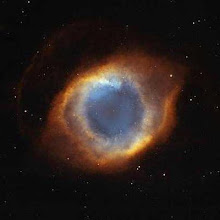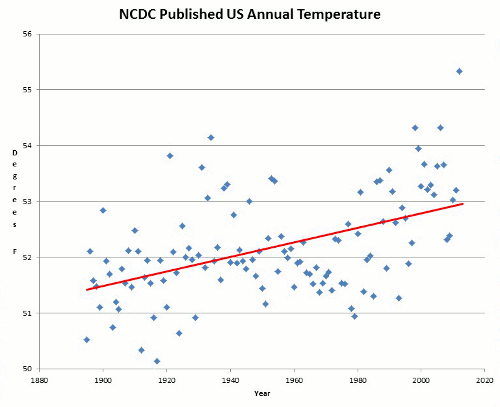Gore implies that the difference of just 100 parts per million by volume in CO2 concentration between an interglacial temperature maximum and an ice-age temperature minimum causes “the difference between a nice day and having a mile of ice above your head.”
The Facts:
Gore’s implication has the effect of overstating the mainstream consensus estimate of the effect of CO2 on temperature at least tenfold.
…Gore is accordingly implying that 100 ppmv can cause a temperature increase of up to 12 degrees C. However, the
Consensus as expressed by the IPCC is that 100 ppmv of increased CO2 concentration, from 180 to 280 ppmv, would increase radiant energy flux in the atmosphere by 2.33 watts per square meter, or less than 1.2 degrees Celsius including the of temperature feedbacks.
ERROR 11 Hurricane Caterina "manmade"
Gore says that Hurricane Caterina, the only hurricane ever to strike the coast of Brazil, was caused by “global warming.”
The Facts:
In 2004, Brazil’s summer sea surface temperatures were cooler than normal, not warmer. But air temperatures were the coldest in 25 years. The air was so much colder than the water that it caused a heat flux from the water to the air similar to that which fuels hurricanes in warm seas.
Again I thought Al Gore said "...we cannot attribute any particular storm to global warming....." . So why does he constantly keep doing just that?
ERROR 12 Japanese typhoons "a new record"Gore says that 2004 set a new record for the number of typhoons striking Japan.
The Facts:
The trend in the number of typhoons, and of tropical cyclones, has fallen throughout the past 50 years. The trend in rainfall from cyclones has also fallen, and there has been no trend in monsoon rainfall.
ERROR 13 Hurricanes "getting stronger"
Gore says scientists had been giving warnings that hurricanes will get stronger because of “global warming".
The Facts:
Over the past 60 years there has been no change in the strength of hurricanes, even though hydrocarbon use went up six-fold in the same period. Research by Dr. Kerry Emanuel,.. has been discredited by more recent findings that wind-shear effects tend to nullify the amplification of hurricane strength which he had suggested, and, of course, by the observed failure of hurricanes to gain strength during the past 60 years of “global warming.














No comments:
Post a Comment